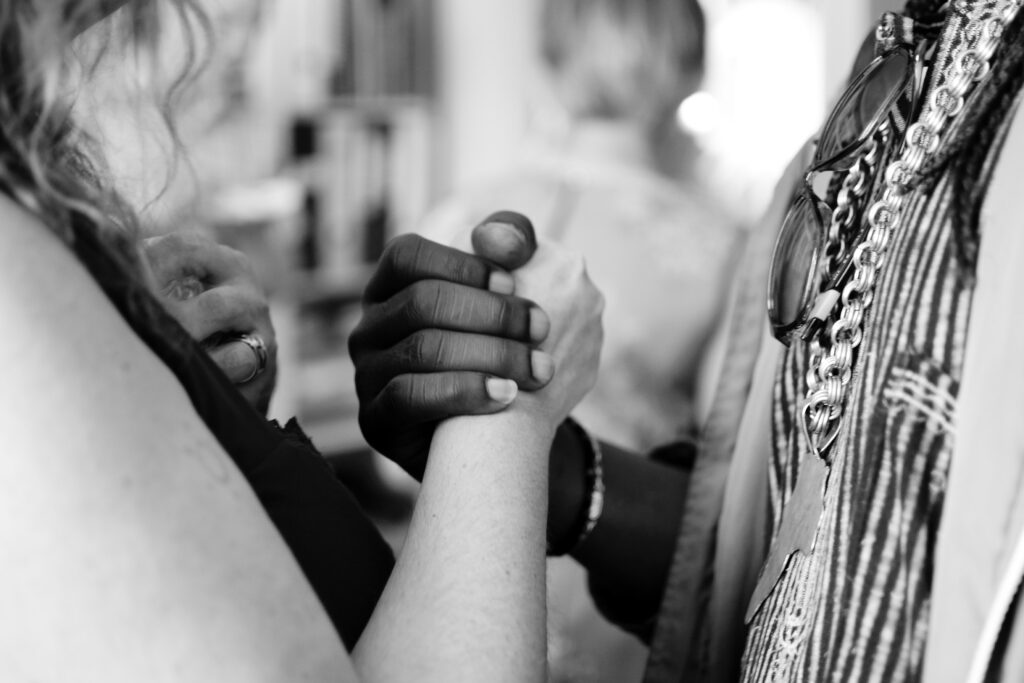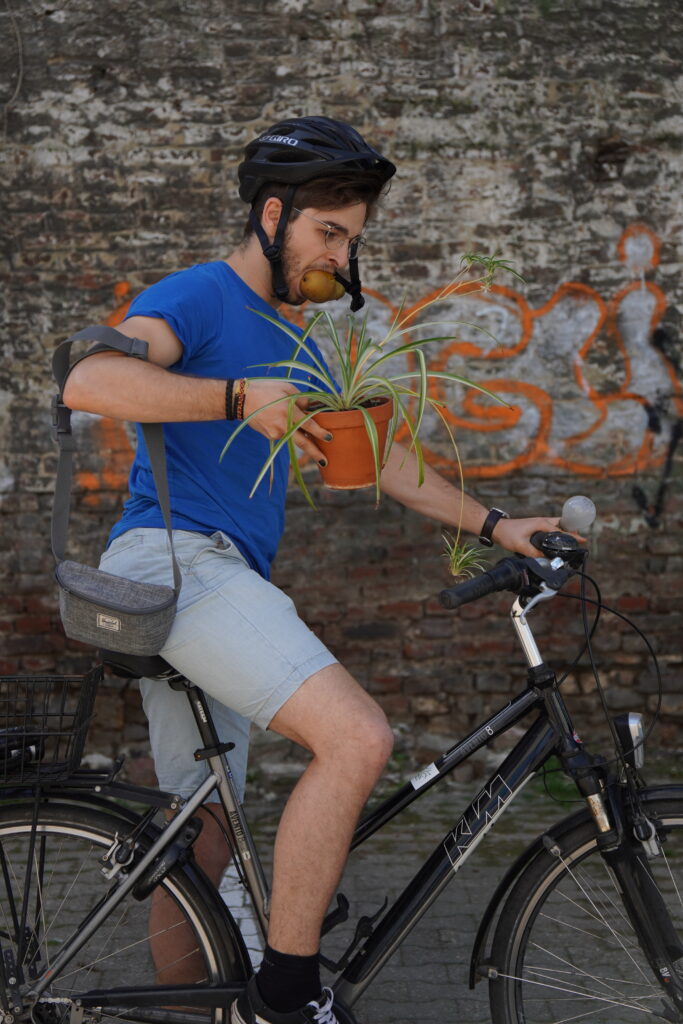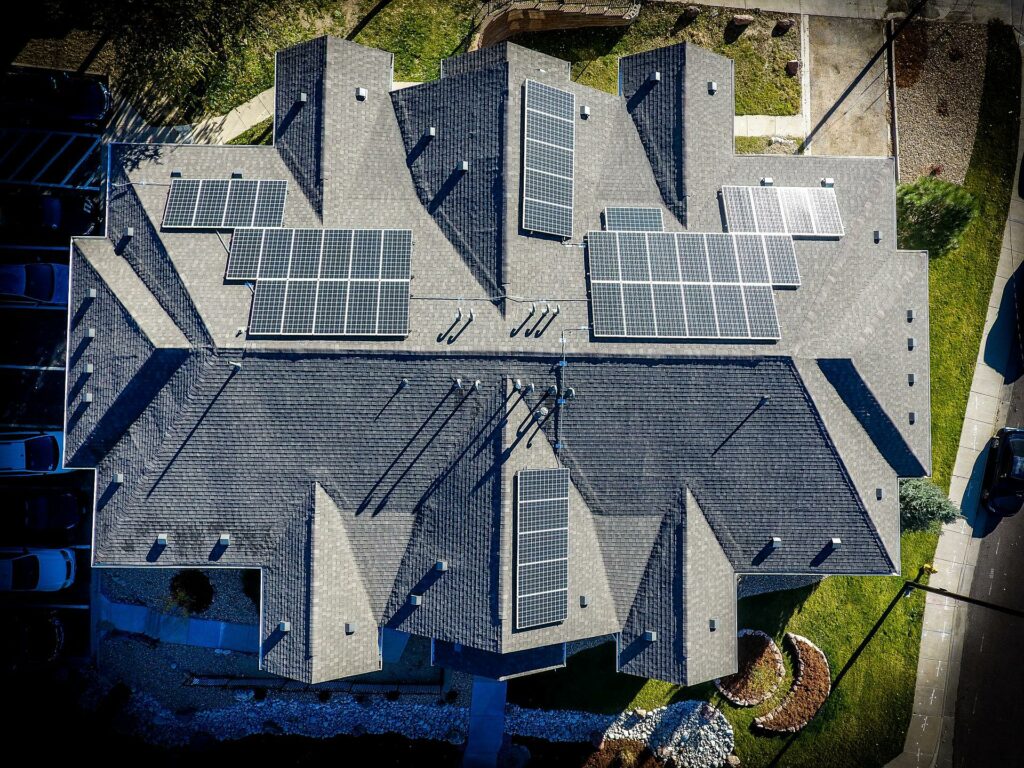Manifesto
Here you find our goals we from Campus For Future want to achieve at the RWTH

Mensa
Nothing but salad and fries? We call for an expansion of meat-free dishes. This will make dining halls and cafeterias more attractive to vegetarian and vegan students. In addition, our food should reach us through ecological and social supply chains. Less packaging and avoiding disposable products further reduce the carbon footprint of meals. And to avoid trash as well as food waste, we call for a concept that more accurately plans the quantities needed in dining halls.
Modules
Want to box? Neither do we. Unfortunately, you have to fight to get credit for the Leonardo project in almost all degree programs. We are committed to expanding the Leonardo project (and not at the expense of volunteers) while making it easily creditable in more degree programs. In the future, we want ecological, social and economic sustainability to be a mandatory part of all courses of study!


Energy
Together with Students For Future, a resolution for green electricity was developed and unanimously approved in the student parliament. Since then, the university has created a concrete plan to purchase green electricity from 2023. This could finally save up to €4 million in annual environmental impact costs! We continue to advocate for real green electricity. Even though this is an effective and important step, it only concerns one third of the RWTH's CO2 emissions. That is why we also advocate a switch to eco-heating. By 2025, the university must be climate neutral!
Greening
A green campus looks beautiful and also promotes Aachen's biodiversity. After all, it is not only students who meet on green spaces, but also insects. In concrete terms, this means a systematic program for green roofs and unsealing of RWTH areas. Where unsealing is not possible, raised beds bring a touch of nature to the campus.


Anti-bias and psychological support
In terms of social sustainability, we are organizing so-called antibias trainings, which serve to reduce prejudice and will be open to all students. This goes hand in hand with the fact that we want to promote antidiscrimination work at the university and offer safe spaces to marginalized groups. Following on from this, psychosocial support at RWTH should also be expanded.
Structures
Who does what? For a transformation of the university towards more sustainability, it is essential to anchor this process in the university structures and to provide the necessary people power for it. A key problem is the lack of capacity that impedes sustainability processes. That is why we are calling for more positions in the sustainability staff unit and in other university bodies. Because according to current trends, in four years our CO2 budget will be depleted. So let's start now! Another important structure for sustainable transformation is an official certification of the university to let external parties observe the ongoing change.

Mobility
To ensure that you won't suffer more from your way to university by bike than from HöMa, we advocate for safe bike lanes in Aachen. And when it rains, we should be able to rely on dependable and free public transport.
Transparency in third-party funding
How independent are our research and teaching actually? RWTH is the university with the most third-party funding in Germany. Where does this funding come from? Let's finally create transparency and see who pays for our studies!


Buildings
An important area of climate neutrality is the building sector. RWTH should advocate for sustainable construction and renovation of the university buildings to enable heating with exclusively renewable energies, to use the potential for solar energy and to green the facades.
Credits for initiatives
So that you no longer have to choose between focusing on your studies or getting involved in an initiative, we want to ensure that this very involvement is simplified and promoted through creditability in your studies.So that you no longer have to choose between focusing on your studies or getting involved in an initiative, we want to ensure that this very involvement is simplified and promoted through creditability in your studies.


Drinking water access on campus
To save both costs and plastic, we advocate for drinking water facilities on university campuses.
